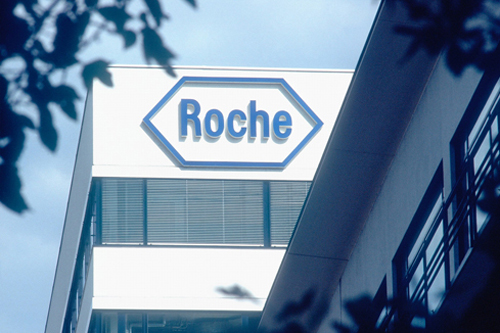Roche shares positive late-stage results for inavolisib combination in advanced breast cancer
07 Dec 2023
Phase 3Clinical ResultDrug Approval

Preview
Source: PMLiVE
Roche has shared positive results from a late-stage study of its investigational therapy, inavolisib, as part of a combination treatment for advanced breast cancer.
The phase 3 INAVO120 trial has been evaluating the targeted drug alongside Pfizer’s CDK4/6 inhibitor Ibrance (palbociclib) and fulvestrant as a potential first-line treatment option for patients with PIK3CA-mutated, hormone receptor (HR)-positive, HER2-negative, endocrine-resistant, locally advanced or metastatic breast cancer.
The study met its primary endpoint, demonstrating a statistically significant and clinically meaningful improvement in progression-free survival compared to palbociclib and fulvestrant alone.
A "clear positive trend” towards improved survival was also observed for the inavolisib combination, Roche said, although overall survival data was immature at the time of the analysis and will continue to be analysed.
Breast cancer is the most common cancer worldwide, with more than 290,000 people in the US expected to be diagnosed with the disease in 2023.
HR-positive breast cancer is the most common subtype and PIK3CA mutations, which have been linked to tumour growth, disease progression and treatment resistance, are found in approximately 40% of HR-positive breast cancers.
According to Roche, inavolisib could “provide well-tolerated, durable disease control and potentially improved outcomes” for this subset of patients.
Levi Garraway, Roche’s chief medical officer and head of global product development, said the results from INAVO120 “could represent a transformative medical advance for people with PIK3CA-mutated HR-positive breast cancer”.
"We look forward to expanding our portfolio of breast cancer medicines into the HR-positive space and bringing this potentially best-in-class new treatment option to patients as quickly as possible," he added.
The readout comes less than a month after an injectable form of Roche's PD-L1 inhibitor Tecentriq (atezolizumab) was recommended by the European Medicines Agency’s human medicines committee for multiple cancer types, including certain types of breast, lung, liver and bladder cancer.
The subcutaneous formulation of Tecentriq, which can cut treatment time by approximately 80%, has already been approved by the Medicines and Healthcare products Regulatory Agency.
The company’s Genentech unit and Blueprint Medicines also received full approval from the US Food and Drug Administration earlier this year for, use of their targeted cancer therapy Gavreto (pralsetinib) in a subset of non-small cell lung cancer patients.
For more details,please visit the original website
The content of the article does not represent any opinions of Synapse and its affiliated companies. If there is any copyright infringement or error, please contact us, and we will deal with it within 24 hours.
Organizations
Hot reports
Get started for free today!
Accelerate Strategic R&D decision making with Synapse, PatSnap’s AI-powered Connected Innovation Intelligence Platform Built for Life Sciences Professionals.
Start your data trial now!
Synapse data is also accessible to external entities via APIs or data packages. Leverages most recent intelligence information, enabling fullest potential.





